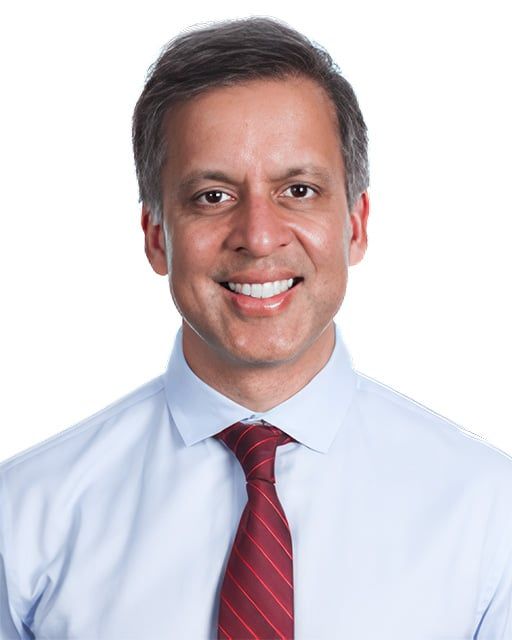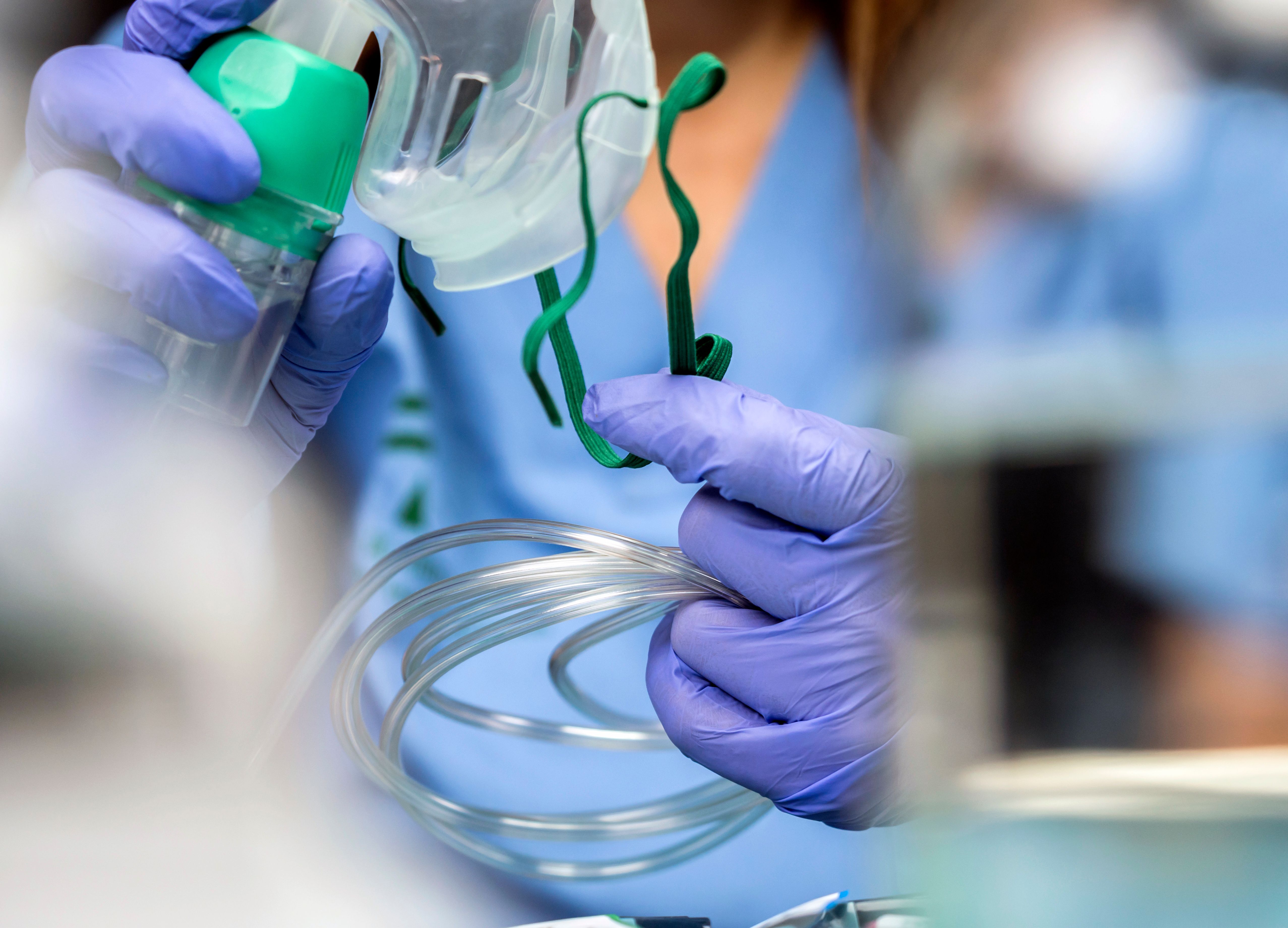Video
Dr Gary Owens on the State of PAH Assessment, Diagnosis
Author(s):
Gary Owens, MD, president of Gary Owens Associates, outlines the challenges of screening for pulmonary arterial hypertension (PAH).
Because pulmonary arterial hypertension (PAH) is rare, there really isn't any good screening protocol, said Gary Owens, MD, president of Gary Owens Associates. Owens presented his talk, "The Latest Evidence on Emerging Therapies and Innovations in PAH Management," at this year's National Association of Managed Care Physicians Forum, which is taking place April 21 and 22 in Orlando, Florida.
Transcript
What is the current state of PAH screening and assessment in the United States?
First of all, when we talk about PAH, we're really talking about 1 particular subgroup of a larger group called pulmonary hypertension, of which there are 5 categories. But PAH, pulmonary arterial hypertension, is classified by the World Health Organization as type 1. It's a fairly rare condition as best we know. It might be about 15 cases per 1 million, half of which are genetic and the other half of which are idiopathic.
Because it's a rare disorder, it really doesn't have a good screening protocol, nor is there anything recommended for screening in the guidelines. That being said, patients often present with very nonspecific symptoms and have quite a bit of a protracted journey from presentation of symptoms, which again are nonspecific. Shortness of breath can certainly be due to any number of diseases. That may be often followed by things like fatigue, weakness, chest pain—again, very nonspecific—although in people with PAH, that shortness of breath gets very profound, may even occur at rest. And it's at that point when lots of other conditions have been ruled out, that really the diagnostic journey begins. And that can be pretty complicated. It can take 2 to 3 years sometimes before a patient gets diagnosed.
So the bottom line, not a lot of good screening, and even when symptoms present, because they are very nonspecific, it does take a while to get to a diagnosis and even confirming that diagnosis can be a bit difficult.




